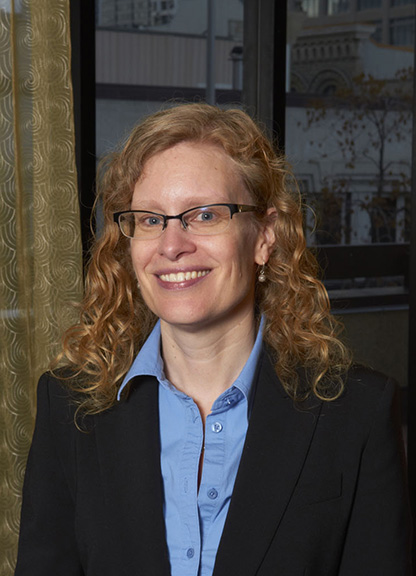Heather Boon is a pharmacist with open eyes and an open mind who is not prepared to pretend that alternative medicines and treatments do not exist simply because many medical doctors and scientists write them off as pseudo-science.
In a recent Globe and Mail article, Boon said, “What Canadian patients and their health care teams need is someone to take a broad, fully integrated and — above all — scientific approach to studying these treatments. We need to apply the rigour of scientific inquiry to these complementary and alternative medicines so that we can better help our patients, avoid nasty complications and weed out — once and for all — the snake-oil treatments that do nothing to benefit the patient.”
But despite her measured skepticism, Prof. Boon, who is the dean of University of Toronto’s Department of Pharmacy, is taking lots of heat these days for a homeopathy study her faculty is conducting on ADHD children.
The protest from the scientific mainstream is passionate and prolific – with over 90 scientists (including some Nobel Laureates) from around the world having signed an open letter that was originated by Joe Schwarcz, director of McGill University’s Office for Science and Society.
“Why,” asks the letter, “given the need to investigate natural therapies that may actually have a potential for benefit, and saddled with a scarcity in funding,” is the Department of Pharmacy “interested in investigating a subject that has been … found wanting both in evidence and plausibility.”
This protest comes on the heels of a recent uproar centering around U of T Scarborough instructor (who is also a homeopathic practitioner) Beth Landau-Halpern, for teaching anti-vaccination theories in her curriculum. Despite the instructor’s explanation that this material – which included an interview with Andrew Wakefield, (one of the originators of the oft-debunked and derided study linking autism with vaccinations) – was presented to help her students develop critical thinking skills and that the opinions were not reflections of her own views – all anti-vaccination material was removed from the curriculum.
Boon told the Toronto Star that the ADHD study is examining the “complex intervention” of homeopathic practice – which is consistent with her philosophy about weeding the “scientifically dubious” aspects from the components that work. She pointed out that the study followed years of consultations, as well as a pilot project which concluded that their results were statistically significant.
Over 60 per cent of the patients improved, said Boon, who also offered assurances that subjects participating in the study were not required to stop taking more conventional medications.
A statement from the U of T said health-care providers must be knowledgeable about complementary and alternative medicines because of the number of Canadians using them. But, while that philosophy seems to be gaining traction within academia at large, opinions regarding complementary and alternative medicines seem to be becoming more polarized – a typical response in the face of fundamental change in any field.









